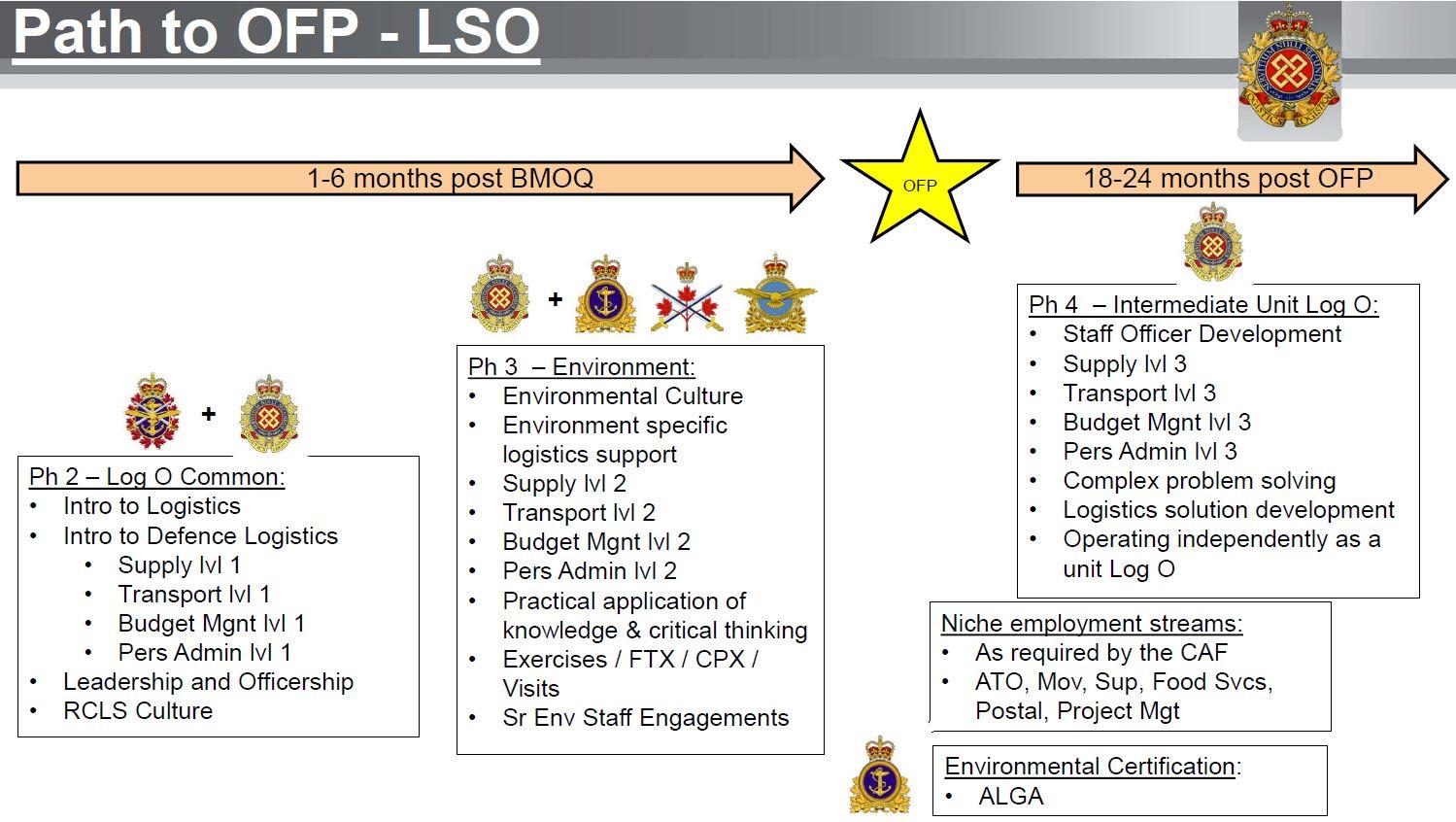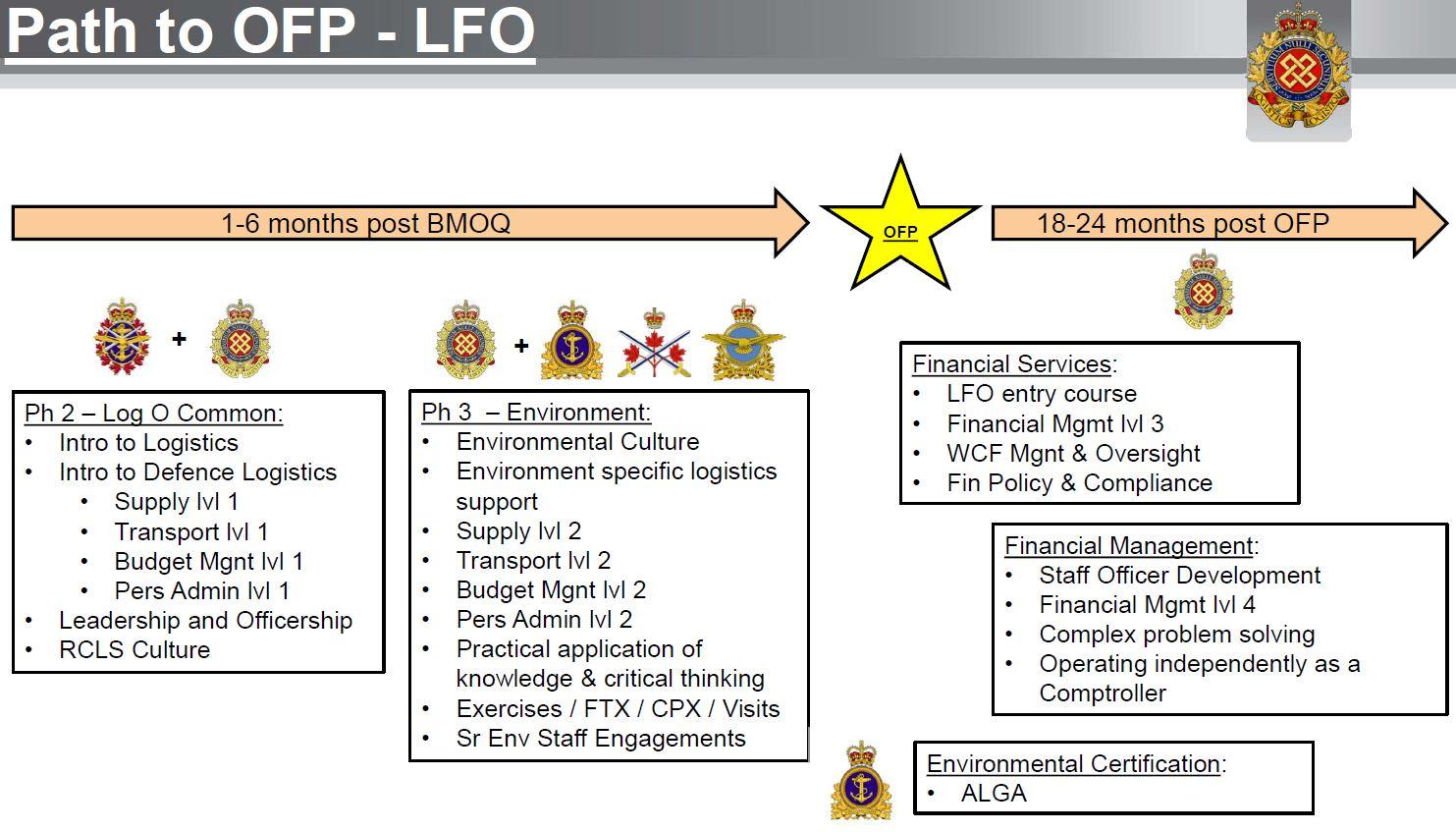The coming split has also done something else that may have unintended consequences. It has created a career path on the finance side that will slowly move them away from any true need to do operational, uniformed work, and thus making it easier to justify civilianizing that portion of the trade.
They already don't. The reality is most FinOs are trained as FinOs from day one and from day one occupy jobs where they literally will never go to the field, not even in their first few years of employment. They're put in purely office jobs.
That actually makes sense since the proper place for a Finance Platoon is no further forward than the Division Support Area when we're talking about conventional warfare, which should be the CAF's bread and butter and should be the baseline starting point for how it operates. Their jobs in theatre are office jobs as well - theoretically replaceable by a civilian, the problem being convincing a civilian to deploy to a theatre of war for 6 months, even if it is back two or three tactical bounds from the war, in a safe country nearby.
As someone who went into Finance after 5 years as an Infantry O, no one will tell you more about how useful that prior experience was. But I was also well-educated in accounting, doing my CPA, and miles ahead in accounting than the other finance staff (military and civilian). The reality is that the finance group is completely incompetent at everything to do with finance (from the Communique: "core competencies in budgeting, financial management, financial services and policy, and personnel administration") so if a choice needs to be made between getting them more field experience and more core competency training, I would recommend starting with the latter.
The coming split has also done something else that may have unintended consequences. It has created a career path on the finance side that will slowly move them away from any true need to do operational, uniformed work, and thus making it easier to justify civilianizing that portion of the trade. When you think about it, other than providing some actual military bearing into the finance world, why do we need uniformed finance officers? What tasks in the field or on a deployment require someone to be in situ, rather than sitting in an office somewhere with a reach back capability?
It is a good point although in my last deployment
That no one* can provide an answer that question is not necessarily a good argument but rather evidence of the CAF's own operational/managerial incompetence - the answer exists but the CAF including it's most senior serving leaders, are oblivious to the answer. The reality is no one actually knows what a finance officer or a financial services administrator is supposed to be doing including those who should (i.e. ADM(Fin),
CAF Comptroller, L1 Comptrollers, L2 Comptrollers, Base Comptrollers) it's one of those "you don't know what you don't know" scenarios. All they can think of is fin codes and claims.
*Besides, of course, me

one of the most useful ppl on the ground was the FinO as they literally held the purse strings and could react to the situation on the ground as needed by TF. That level flexibility couldn't be achieved with reach back in the same way.
Tenets of sustainment - provide it as far forward as possible.
In conventional warfare it would not be worth the risk of having them that far forward but in most of the current operations, the CAF would benefit immensely from good comptrollership, sadly it no longer knows what that looks like.
All you need as evidence is the news article about soldiers in Poland whose families were taking out loans in order to feed them. That was purely a failure of financial services that the folks in purple above were responsible for. That issue literally could have been fixed in a lazy afternoon by any competent finance officer, obviously it was hard to find one.





